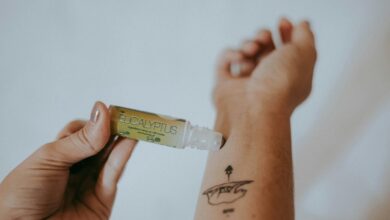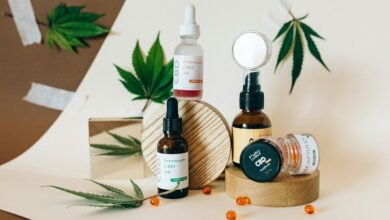
How Long Does Cbd Oil Stay in System
The duration CBD oil remains in the body is influenced by several factors. These include dosage, frequency of use, and individual metabolic rates. Additionally, the method of consumption can significantly affect retention time. For instance, edibles may prolong the presence of CBD due to slower absorption. Understanding these elements is crucial, particularly for those facing drug testing. How long could CBD truly linger in the system, and what implications does this hold?
Factors Influencing CBD Retention in the Body
While various factors contribute to the retention of CBD in the body, the most significant include dosage, frequency of use, and individual metabolic differences.
Metabolism rates vary widely among individuals, influencing how quickly CBD is processed and eliminated.
Additionally, individual tolerance levels can affect the amount of CBD retained, leading to differing experiences in duration and effects for each user.
Different Methods of Consumption and Their Impact
The method of consumption significantly influences how long CBD oil remains in the system, as each delivery method affects absorption rates and bioavailability differently.
Vaping effects provide rapid onset and high bioavailability, leading to quicker clearance. In contrast, edible absorption is slower, resulting in prolonged retention but lower overall bioavailability.
These differences shape individual experiences and duration of effects, emphasizing the importance of informed choices.
Typical Detection Times for CBD in Various Tests
How long can CBD be detected in the body after consumption?
Typical detection times vary based on the testing method. Urine tests may identify CBD for up to a week, while blood tests often detect it for 1-2 days.
CBD metabolism and elimination rates significantly influence these durations, underscoring the importance of understanding individual responses to CBD for those concerned about drug testing.
Tips for Managing CBD Use Before Drug Testing
Understanding the detection times for CBD in various tests can help individuals make informed decisions about their usage prior to a drug test.
To minimize risks, one should consider reducing CBD dosage leading up to the test and selecting broad-spectrum or isolate products, which are less likely to contain THC.
Familiarity with testing methods can further guide users in managing their CBD intake responsibly.
Conclusion
In the intricate dance of metabolism and consumption, the duration CBD oil lingers in the body becomes a nuanced interplay of individual biology and usage patterns. Like an undulating tide, its presence ebbs and flows, influenced by various factors such as dosage and method of intake. For those navigating the waters of drug testing, understanding these dynamics is paramount, as the wisps of CBD may remain detectable for days, leaving a lasting imprint on the body's canvas.






